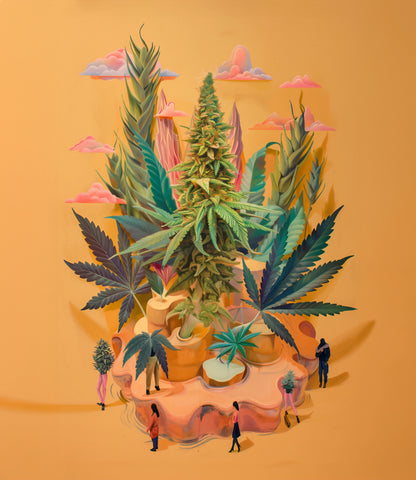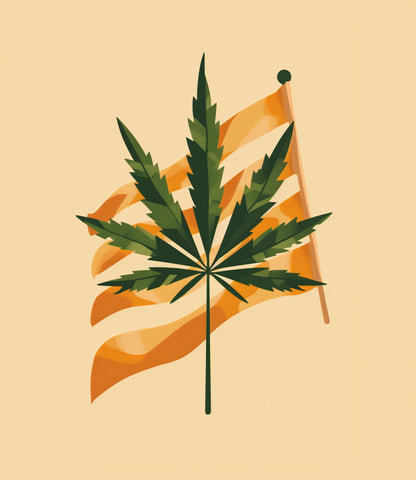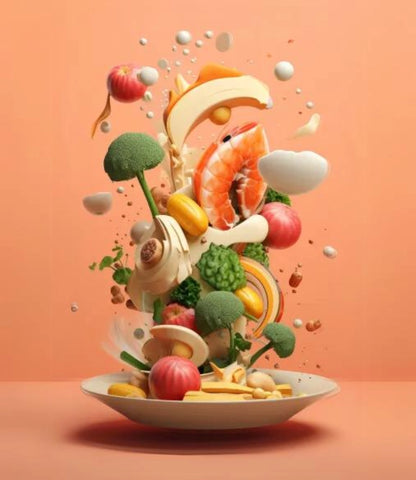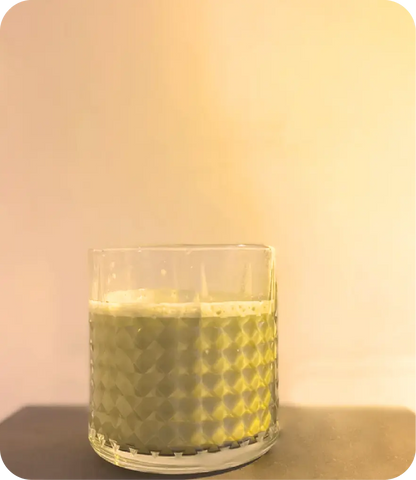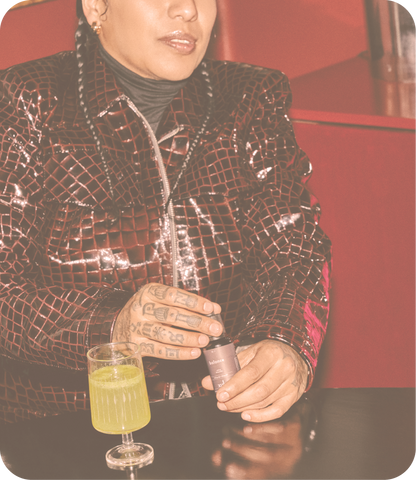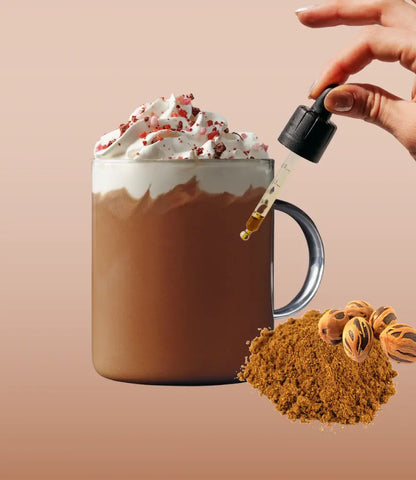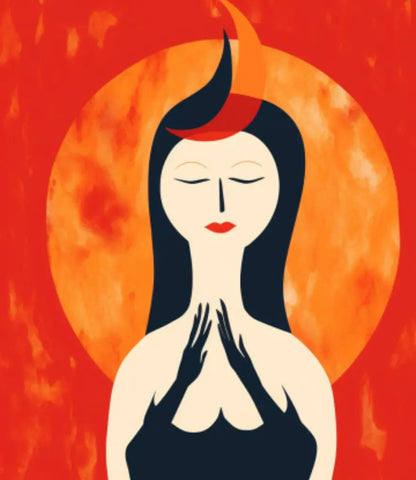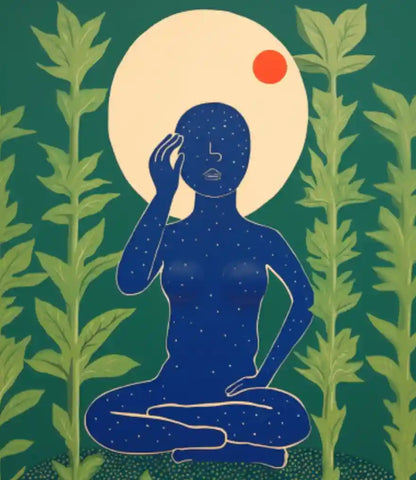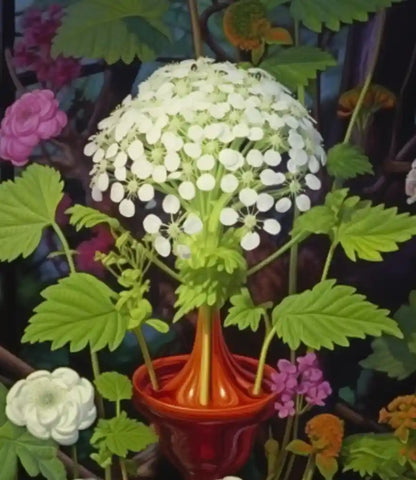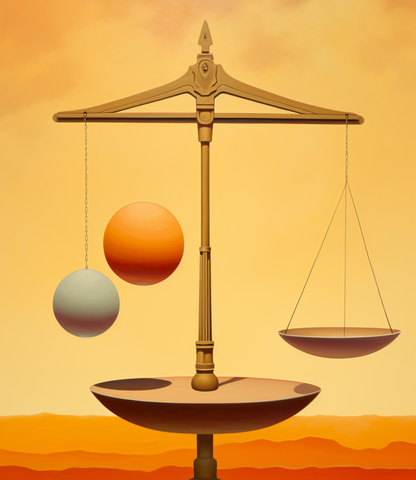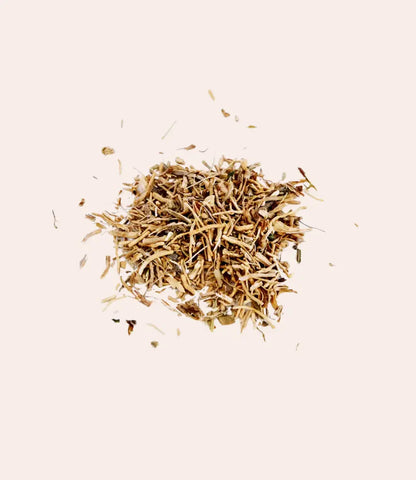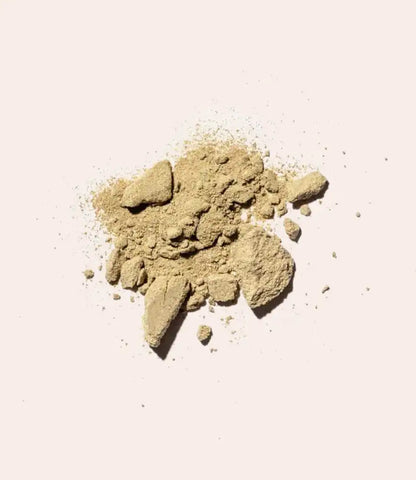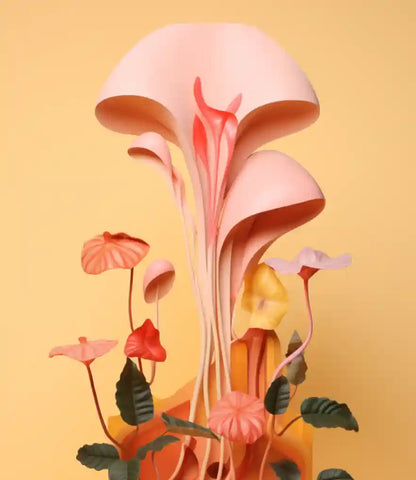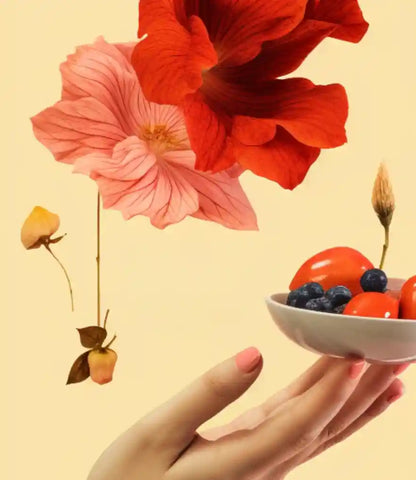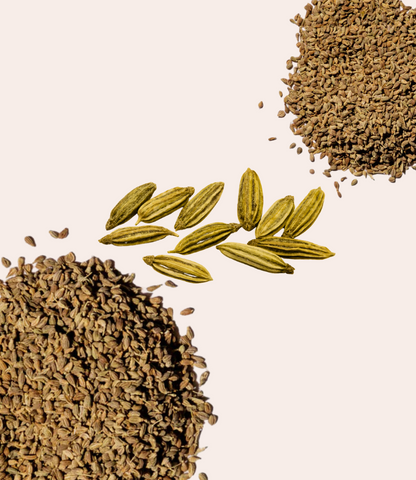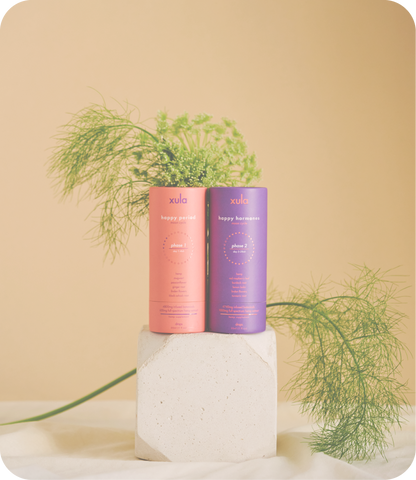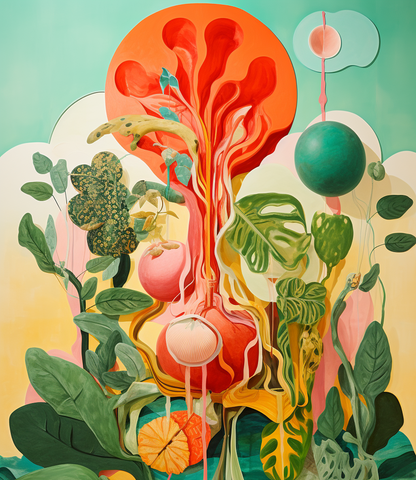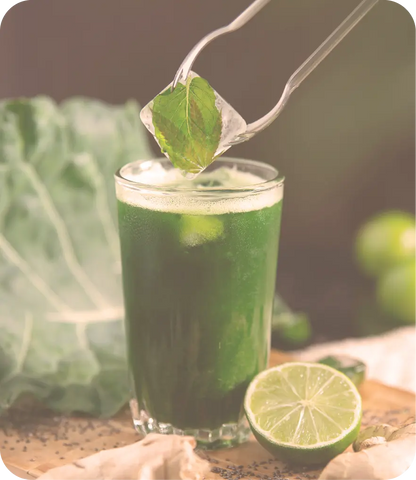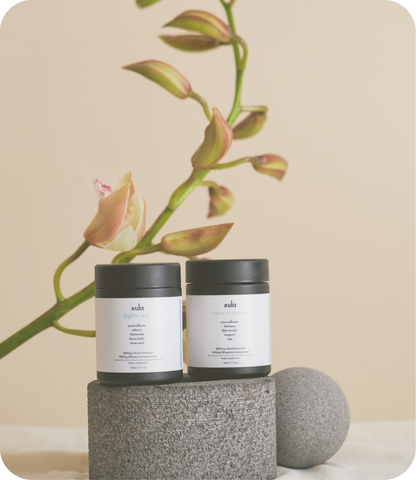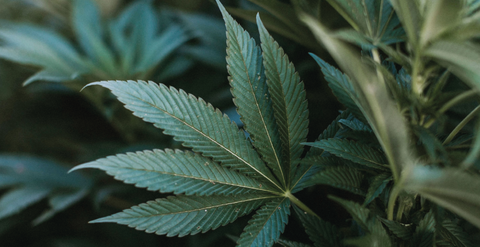
Cannabis Prohibition Is Harming Elite Athletes
Consuming cannabis can still result in prison time, a career in jeopardy, credibility tarnished, or a personal reputation skewed. Throwing away archaic cannabis prohibition rules and regulations, in every space, is long overdue. Players in competitive sports, who also happen to enjoy weed, know this all too well. Stigmas have made navigating consumption extremely difficult.
The demonization of cannabis has intertwined itself in athletic culture for decades, pushing the belief that ‘the best’ don’t consume cannabis. This idea is countlessly reinforced through testing, stipulations, and punishment. In competitive sports, cannabis is branded as a dangerous drug with the potential to ruin the lives and careers of athletes.
Related to: Everything You Need to Know About Solo HempLet Sha’Carri Run
The young, talented, and vibrant track star Sha’Carri Richardson’s story is a perfect example of how that ideology just isn’t true. She won the women’s 100-meter final at the U.S. Olympic track and field trials just a month ago. Supporters, media outlets, fans, celebrities, and other athletes were rooting for her as she was on her way to the Olympics. Then, news broke that she was being sanctioned for drug use. It wasn’t the use of performance-enhancing drugs-- she tested positive for THC. She remains suspended due to the guidelines of the US World Doping Agency, which classify cannabis as a banned substance.
When the news about her suspension from the 2021 Olympic G was released, it was emotional and upsetting for many. This ruling seemed like an opportunity to discredit her, as the influence of prohibition typically does. But, she has made history in more ways than one, whether she knows it or not. Her journey thus far has sparked conversations globally about cannabis use and legalization. The petition to “Let Sha’Carri Run” has over a half-million signatures. Sha’Carri is probably the first athlete to get so many groups of people talking publicly about a Black woman and weed, regardless of stance.
A Heavy Stone to Bear
Sha’Carri now joins a growing list of athletes who have been spotlighted for their choice to consume. Some of the most talented athletes have been disciplined for their use. Playing competitive sports often pushes players to hide their consumption and creep around it like some kind of taboo. People get forced into shame this way. Athletes are not monoliths. Many top players have shown the world they can outperform their colleagues and simultaneously still get stoned.
Michael Phelps, Jon Singleton, and Cynthia Calvillo to name a few cannabis consumers have all been penalized in their respective s, whether sanctioned by their league or their corporate sponsors. Star running back Ricky Williams, formerly of the Miami Dolphins, missed two full NFL seasons due to testing positive for THC. He remained steadfast in his self-advocacy and self-agency regardless. He continued to test positive for his consumption which led to more questions and criticism about his choices. But rules only change when someone is brave enough to challenge them.
Related to: The Versatility of the Dropper: CBD Oil UsesDouble Standards
The restrictions are very rigid and often unfair. Disparities exist amongst athletes and their varying sports organizations too. How often players are being tested, who is being tested, and what rules are upheld without consistency?
Historically, Black and Brown people have been adversely affected by cannabis prohibition. It’s not a leap of the imagination to see the relationship between systemic racism and uneven cannabis prohibition in sports.
Different leagues have historically held radically different stances on cannabis prohibition. The NFL is made up of over 50% Black players, while the NHL is made up of 81% white players. It would be remiss not to compare demographics and the progression of cannabis-related regulations.
In the NHL, cannabis is not a banned substance and can not be used against players if tested positive. This is mainly because of two things, most NHL teams play in legal states, and testing for THC is treated like alcohol. Back in 1996, the NHL created the Substance Abuse and Behavioral Health program to focus on getting athletes to help if testing levels indicate signs of abuse rather than punishing them through isolation.
They duly drew their line for what performance-enhancing drugs are and aren’t.
The NFL has been known to crack down extremely hard on players consuming cannabis through hefty fines and suspensions. Big-name players like Randy Moss, Jamal Lewis, Rashard Anderson, and Cletidus Hunt all received suspension or fines for positive tests. National attention shook things up in the league. After countless players continued to test positive and be reprimanded, they became more vocal about the benefits and reasons they smoked weed. In 2020 the NFL made a significant change when a 10-year agreement was enacted. The agreement will not allow for players who test positive for THC in their systems to be suspended.
Related to: Ways to Honor & Celebrate Native American Heritage Month
Rules Made to Be Broken
While there’s slow progress taking place, the rules upheld by sport remain inconsistent. Regular drug testing by season in each league reflects this. NHL players are subject to one non-notice testing and NFL teams have 10 players selected per team each week for testing.
The conversation is larger than breaking an organization's rules to participate. Who do these rules benefit and whom do they harm? How are new rules enacted? How do we change the perception of cannabis not only in sports but also in the world? Inquiring minds would like to know! But we continue to advocate, we continue to share our stories, and we continue to reclaim the narratives.

